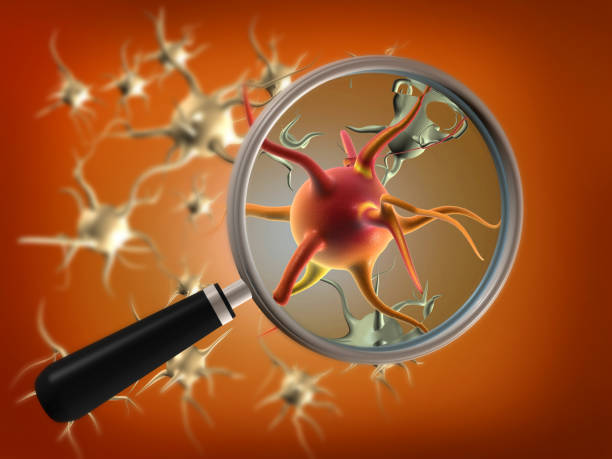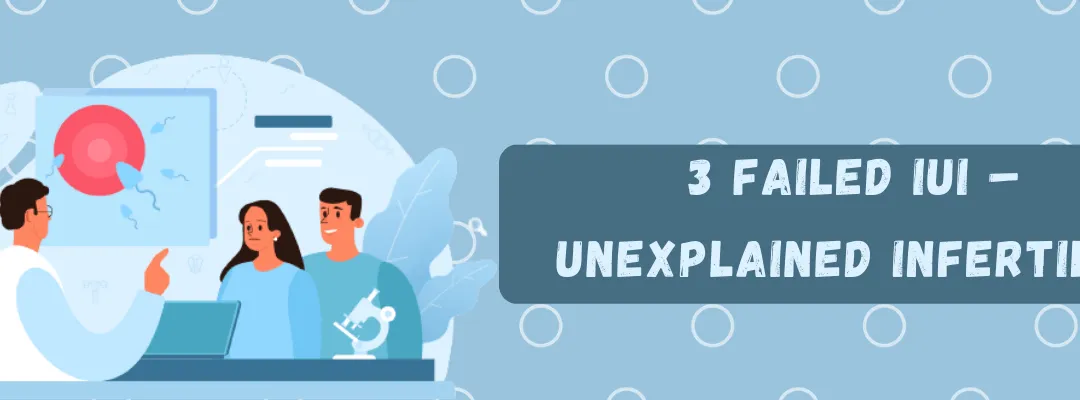Infertility is an intensely personal and emotional experience that can significantly impact a person’s or a couple’s mental, physical, and emotional. It is a path frequently filled with uncertainties, anticipation, disappointment, and strength. Trying to conceive can be an emotional rollercoaster for people who want to have a family but are having difficulty doing so. Intrauterine insemination (IUI) is one of the most prevalent reproductive treatments for infertile couples.

“IUI entails placing cleaned sperm straight into a woman’s uterus during ovulation to increase the likelihood of conception,” explains IVF specialist Dr. Mohit Saraogi of Saraogi Hospital. “It is frequently the initial step for couples seeking fertility treatment and is a reasonably easy and non-invasive process that a doctor can complete in their facility.”
It might be challenging to decide whether to have IUI, and feeling anxious or overwhelmed during the procedure is common. Because of this, it is critical to comprehend what IUI entails.
This blog aims to provide information to help you as we delve into the world of IUI. From what causes unexplained infertility, unexplained infertility treatment, what IUI entails, IUI failure reasons, and other treatment options. It also speaks about 3 failed iui unexplained infertility.
Unexplained infertility and its causes
“Unexplained infertility refers to a medical condition in which couples cannot conceive even after a thorough medical evaluation fails to identify any specific underlying cause,” explains infertility expert Dr. Mohit Saraogi. “This condition affects an estimated 15-20% of couples experiencing infertility.”
While the exact cause of unexplained infertility is not yet known, a variety of reasons may be responsible, including:
- Age: Age greatly impacts fertility as the egg quantity and quality decrease as she gets older.
- Abnormal eggs: Sometimes eggs are created naturally and released, but if they contain a chromosomal abnormality or aberrant structures, it can lead to infertility.
- Sperm quality: Infertility may be due to low sperm counts, slow motility (movement), or abnormal morphology (defects) in male sperm.
- Ovulation issues: Infertility may be due to irregular menstrual cycles, a lack of ovulation, or ovulatory dysfunction.
- Endometriosis: Infertility may result from endometriosis, a disorder in which the uterine lining tissue spreads outside the uterus.
- Immunological factors: An aberrant immunological response in either spouse may hamper attempts to get pregnant.
- Lifestyle factors: Smoking, drinking, being overweight, hypertension, being under stress, and unhealthy eating habits can all impact fertility.
- Genetic factors: Certain genetic disorders or mutations may play a role in infertility.
- Issues with fallopian tubes: An injury or obstruction in the fallopian tube can hinder the egg’s ability to reach the uterus.
- Infections: You should seek treatment right away if you have mycoplasma or chlamydia infections since they could be interfering with your ability to conceive.

- Psychological Problems: According to research, if a person is emotionally disturbed, their hormonal cycle may be impacted and contribute to infertility.
In some cases, unexplained infertility may have a multifactorial cause, which means multiple underlying factors are causing it.
If you have been unsuccessful despite repeated attempts to conceive and are considering IUI, please meet Dr. Mohit Saraogi. He is a renowned gynecologist and among the preferred doctors for people seeking IUI Treatment in Mumbai.
Causes of 3 failed IUI
The causes of 3 or more failed IUIs are the same as unexplained infertility, such as:
- Ovulation problems
- Poor sperm quality
- Fallopian tube blockages
- Endometriosis
- Age-related decline in fertility
If you or a loved one has had 3 or more unsuccessful IUI attempts, it is time to take another approach.
Please visit the state-of-the-art Saraogi Hospital & IRIS IVF Centre in Mumbai to re-evaluate the underlying causes of infertility and investigate alternative options.
Challenges of experiencing 3 or more failed IUI’s
Repeated failed IUI attempts can take a toll on everyone involved in various ways, such as:
Emotional upheaval
Failed IUIs can be a difficult and traumatic experience for people seeking to conceive. Even though there are high hopes and expectations for the treatment, the disappointment and annoyance of repeatedly failing to conceive can be detrimental to one’s mental health and well-being. These emotions may feel too much to bear, especially if they have been trying to get pregnant for a while. The constant cycle of hope and disappointment can lead to depression and anxiety and even put a strain on relationships.
Financial burden
The cost associated with each effort is another challenge. Undergoing multiple IUI cycles can be expensive, especially if insurance does not cover it. Fertility treatments can be expensive. Financial pressure may be a significant source of stress for many couples, especially if they are not getting the outcomes they had hoped for.
Physical toll
Failed IUIs can also have a negative physical impact on the body. Medical appointments, blood tests, medications, and ultrasounds are part of each IUI cycle, which can be physically taxing. The body may require time to recuperate and repair after multiple tries, especially if there were complications or adverse effects from the process.
It is crucial to get help from family, close friends, or a counsellor who can provide emotional support and direction during this trying time.
“Despite these difficulties,” says expert obstetrician Dr. Mohit Saraogi, “it is crucial to remember that unsuccessful IUIs do not spell doom for couples attempting to conceive. There are other reproductive procedures that may be a more effective option.”
Alternate treatment options
Alternate treatment methods to consider after multiple unsuccessful IUI efforts depend on the underlying reason for infertility and the couple’s wishes. These alternatives include:
IVF (in vitro fertilization):
With IVF, the sperm and eggs are fertilized outside of the body in a lab, and one or more embryos are then transferred to the uterus.
ICSI (intracytoplasmic sperm injection):
ICSI is a revolutionary method of IVF where a single sperm is inserted into an egg directly.
IMSI (intracytoplasmic morphologically selected sperm injection):
IMSI is an improved version of ICSI where high-quality sperm is injected into the egg for fertilization.
Donor sperm or eggs:
In cases where the female partner’s eggs are insufficient or of low quality, donor sperm or eggs may be the answer.
Surrogacy:
Surrogacy may be possible if the female spouse cannot carry a pregnancy to term. This involves a surrogate woman who chooses to carry the pregnancy term and deliver on behalf of the mother.
Fertility specialist Dr. Mohit Saraogi adds, “If fertility treatments are unsuccessful, adoption is a possibility to consider. By adopting a child, you will have the joys of parenthood while providing a loving family to a child in need.”
Conclusion
Having unsuccessful IUIs can be a difficult and emotional experience for people trying to get pregnant and start their journey of parenthood. It is critical to recognize the emotional, financial, and physical costs of each cycle and ask for help when necessary.
Remember that there are still alternative possibilities and that with persistence and help, the desire to have a family can still come true.
If you or a loved one is struggling with becoming a parent, please do not hesitate to contact Dr. Mohit Saraogi, a top-notch IVF specialist, for safe and reliable treatment options.
Frequently Asked Questions
What is the success rate of IUI after 3 attempts?
The typical IUI success rate for unexplained infertility is between 10 and 20 % for women under 35. The likelihood of becoming pregnant increases with each attempt. As a result, you have a 30 to 60% chance of becoming pregnant after three unsuccessful attempts.
How can I get pregnant with unexplained infertility?
Unexplained infertility can be frustrating because an exact cause has not been identified yet. However, you can explore multiple options to raise your chances of conceiving, such as:
- Fertility drugs to stimulate ovulation
- Intrauterine insemination (IUI) to place the sperm directly into your uterus
- In vitro fertilization (IVF) to fertilize the egg and sperm in a culture dish before being placed in the uterus.
- Surgery to correct blocked or damaged fallopian tubes
- Lifestyle changes like maintaining a healthy weight, managing stress, quitting vices like smoking and alcohol consumption





